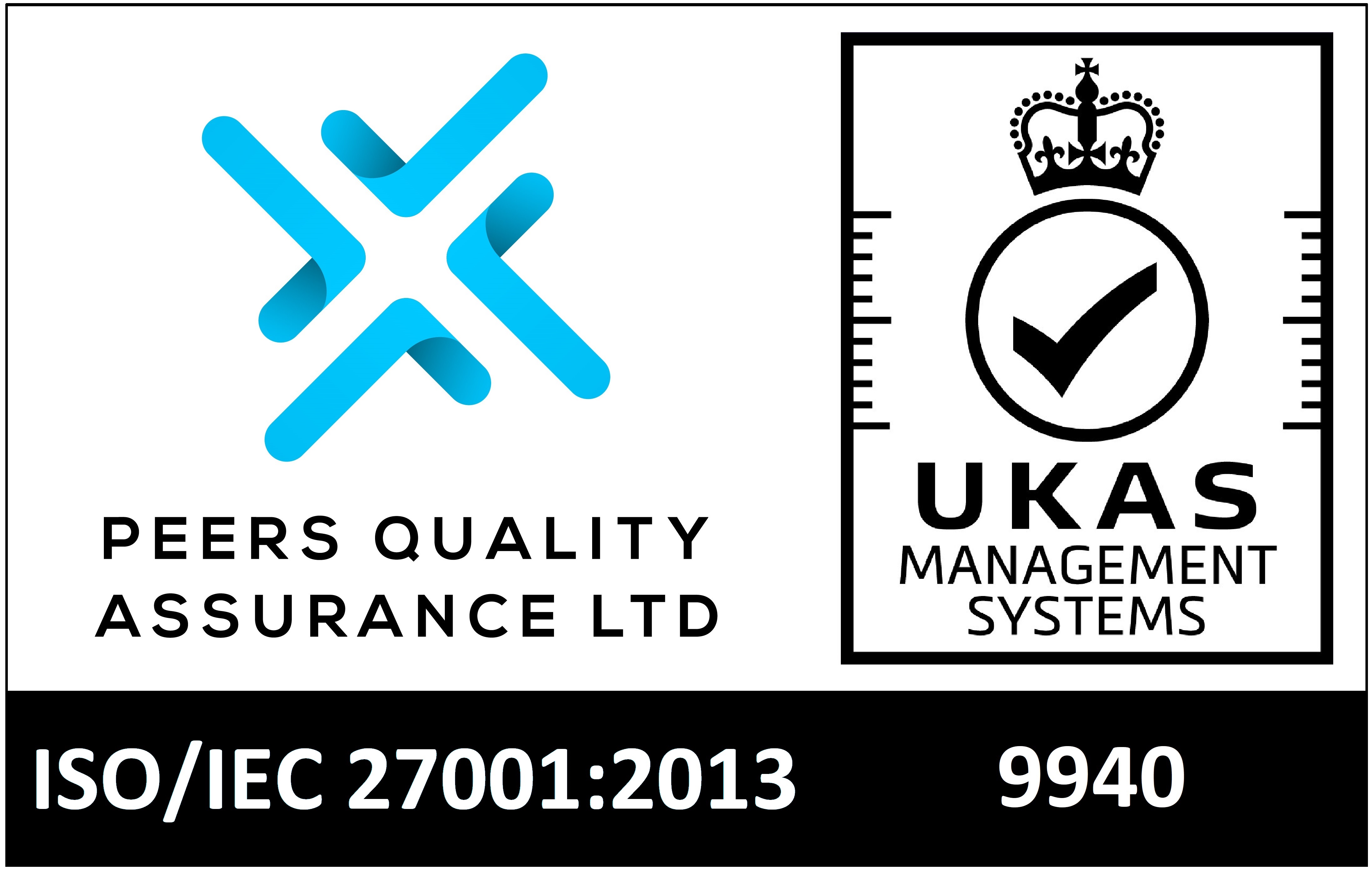This April is Bowel Cancer Awareness month and we’ve put together a series of blogs to help you protect your bowel health in 2021. Detecting bowel cancer at an early stage is saving lives across the UK. Thanks to regular screening, bowel cancer survival rates have more than doubled in the past 40 years1. In this final blog, we’re looking at why regular bowel cancer screening is important and how you can get tested for bowel cancer today.
What is bowel cancer screening?
Bowel screening is a test which looks for any abnormalities associated with bowel cancer, before you experience any symptoms. The aim of bowel screening is to detect any abnormalities associated with bowel cancer at an early stage, whilst they are easiest to treat. Bowel screening is recommended every two years for adults aged over 50. In the UK, the NHS offers a national bowel screening programme but it is only available to people aged 60 or above (50 or above in Scotland).
If your routine screening has been disrupted during the COVID pandemic, or if you are worried and would like to get tested sooner – Check4Cancer offers BowelCheck, a private cancer screening test that you can do from the comfort of your own home for adults aged over 45.
Why should I get tested for bowel cancer?
Screening for bowel cancer allows earlier diagnosis, which is crucial to receiving early treatment. If diagnosed at an early stage, 9 in 10 people will survive bowel cancer compared to just 1 in 10 people who survive a late-stage diagnosis1. Early diagnosis also means treatment is often less aggressive and has the highest chance of a successful outcome.
Bowel screening can also help to identify polyps, which are pre-cancerous growths on the wall of the bowel. These pre-cancerous polyps can turn cancerous over time, and if left untreated, the cancer can spread to other parts of the body, such as the lymph glands, liver and lungs. If polyps are identified during bowel screening, these can usually be removed to lower the risk of bowel cancer.
How to get tested for bowel cancer
In the UK, you will be invited to do an NHS screening test every two years between the ages of 60 to 74. Bowel cancer can still occur in patients younger than 60, or older than 74 so it is recommended those in higher-risk categories consider private bowel cancer screening from the age of 45 onwards.
Even if you are healthy and showing no symptoms, you should still get screened for bowel cancer regularly. Waiting until there is a problem could be too late, early diagnosis saves lives.
Visit Check4Cancer to find out more about the symptoms of bowel cancer, or read more about how you can get tested for bowel cancer today.
References




